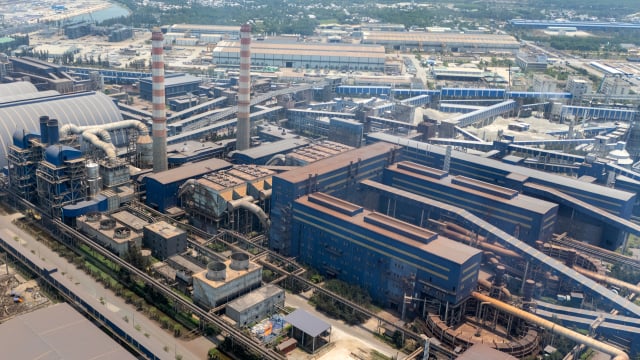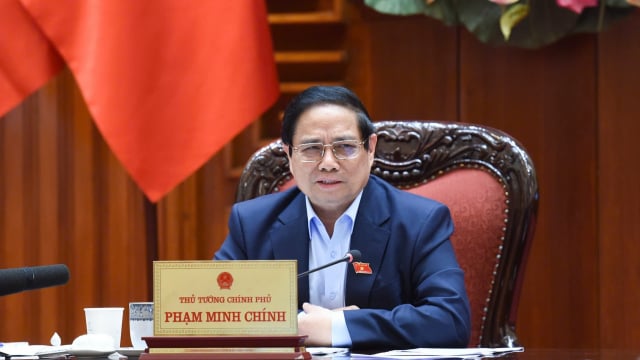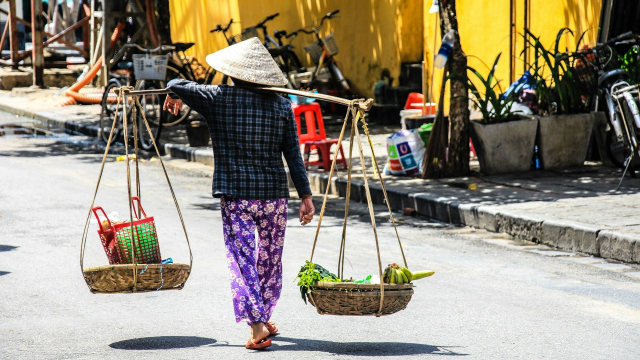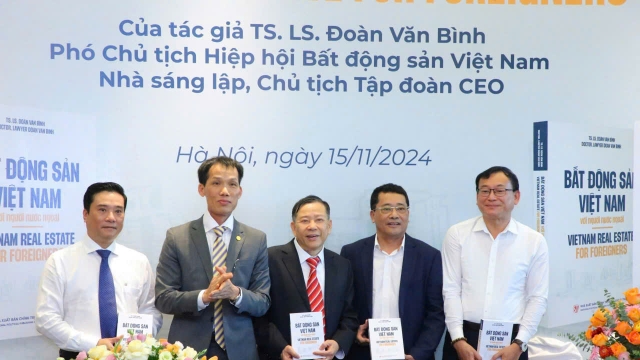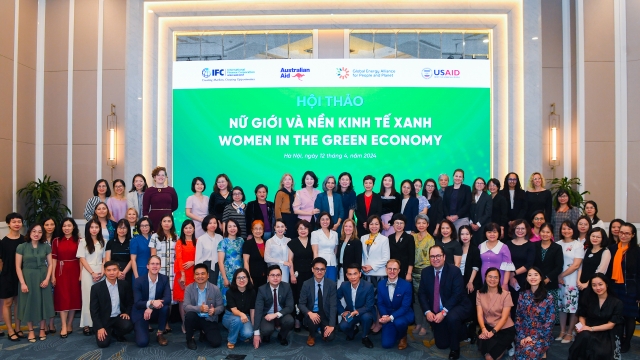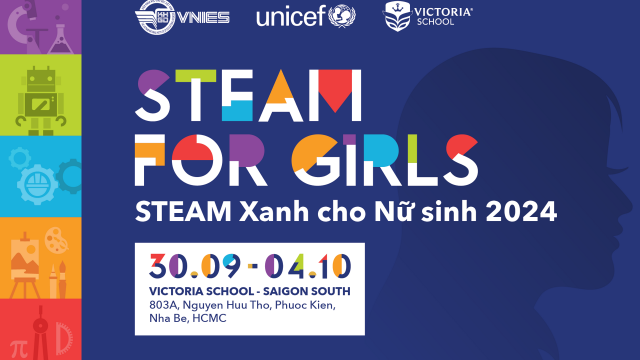Over recent years, lots of initiatives related to waste classification and collection based on smartphone applications have been developed in Vietnam, aiming at increasing the efficiency of this activity.
mGreen, developed by mGreen Social Services Joint Stock Company, is seen as one of the leading technology solutionsin the field.
According to Tran Thi Thoa, director of the company in the workshop held in Ho Chi Minh City in last mid-November, mGreen is a mobile app that educates residents to separate waste at source, and encourages them to collect recyclables to earn points and redeem gifts. That aims at making waste collecting more convenient.
The system connects residents with collectors and merchants at shops and stores.
It has three mobile phone applications, including mGreen for sorting waste at source for residents; mGreen Collector which receives collection call requests for recycling collectors; and mPoint Shop for stores associated with mGreen to compare promo codes, accumulate points, and redeem gifts of mGreen card holders.
Its Loyalty Coalition Platform provides a system for merchant promotions, where points can be exchanged by mGreen users for customer care programmes.
mGreen's mission is to build a green, sustainable Vietnam towards a circular economy applying digital technology of the 4.0 era. It also wants to bring happiness and satisfaction to customers and partners with win - win cooperation philosophy.
From 2018 to 2020, mGreen was implemented in ten provinces in Vietnam, and contributed to the collection of 200 tonnes of recycling waste.
Other outstanding application in waste classification and collection is VECA. Similar to ride-hailing services, it connects those who want to sell scrap with nearby collectors, providing transparent rates for both parties.
Bui The Bao, founder of VECA , informed that the VECA app was launched in the middle of 2020 and has been regularly updated and improved. There are currently 32,000 users.
Its goal is to boost app downloads and usage by extending the list of collections, and working with manufacturers to make garbage collection simpler and more convenient.
“We have attracted more app users as a result of the introduction of cartons to the collection list. In order to achieve the goal of a zero-waste Vietnam, we hope that the initiative to broaden our carton collection network in those significant districts will inspire more collectors to use the app,” he said.
Besides, the recycling initiative launched by Tetra Pak, Packaging Recycling Organisation Vietnam (PRO Vietnam) and BVRio Carton, also introduce a digital solution called the KOLEKT App, which is being used to manage carton collection.
The project follows on from a feasibility study BVRio conducted for Tetra Pak in 2020 looking at strategies for the collection and recycling of used beverage cartons in both Vietnam and India.
The study found that informal waste pickers are crucial to carton collection programmes, and that a project design that neglects informal collectors could potentially destroy their jobs.
With mobile app, developed with waste pickers in Indonesia, Circular Action, a BVRio group company, designed this pilot Circular Action Programme (CAP) to manage the recovery and recycling of 3,000 tonnes of used beverage cartons in Ho Chi Minh City.
A recent report by the Ministry of Environment and Natural Resources found that urban areas dump about 32,000 tonnes of solid waste per day, and about 85.5 per cent of it is collected, while rural areas discharge 14,200 tonnes daily and 45 – 55 per cent of it is collected.
The waste is mainly treated by landfilling, burning, and recycling, while the rest is used for producing organic fertilisers.
The collected waste that is buried or burnt can cause serious environmental pollution. Meanwhile, around the world, between 60-90 per cent of waste is recycled.
It means that sorting waste at source play an important parts, as 50-70 per cent of waste contains compounds which can be recycled to create new sources of energy. Waste classification at source also helps to reduce waste treatment costs.
















